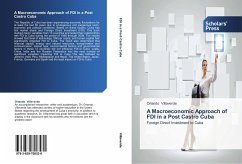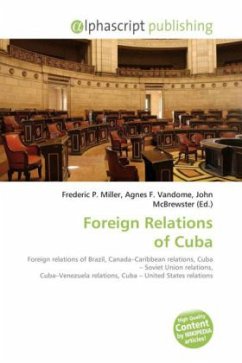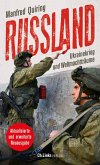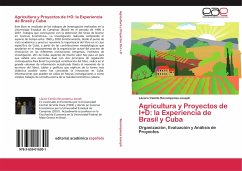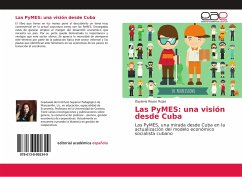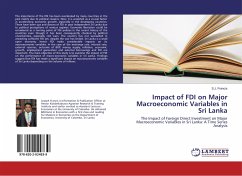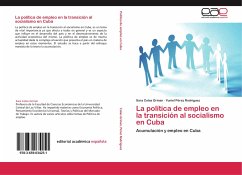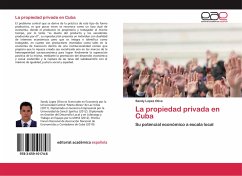The Republic of Cuba has been experiencing economic fluctuations for at least the last 50 years due to endogenous and exogenous socio-economic and political conditions. Based on these factors, Cuba has lost market share and Foreign Direct Investment (FDI). This book studied macro variables from 13 countries and tested their relationships with FDI to Cuba during the period of 1998 through 2008. The results showed that level of technology, GNI per capita, and human capital had significantly impacted FDI to Cuba. The result also determined that financial capital, energy and natural resources, transportation and communication, market type, environmental factors and governmental factors in these 13 countries did not influence FDI to Cuba. Lastly, China, India and the Russian Federation had the most number of significant variables impacting FDI to Cuba. This was followed by Jamaica, Haiti, Peru, Madagascar and Nepal. The United States, Japan, France, Germany and Spain had the least impact on FDI to Cuba.
Bitte wählen Sie Ihr Anliegen aus.
Rechnungen
Retourenschein anfordern
Bestellstatus
Storno

